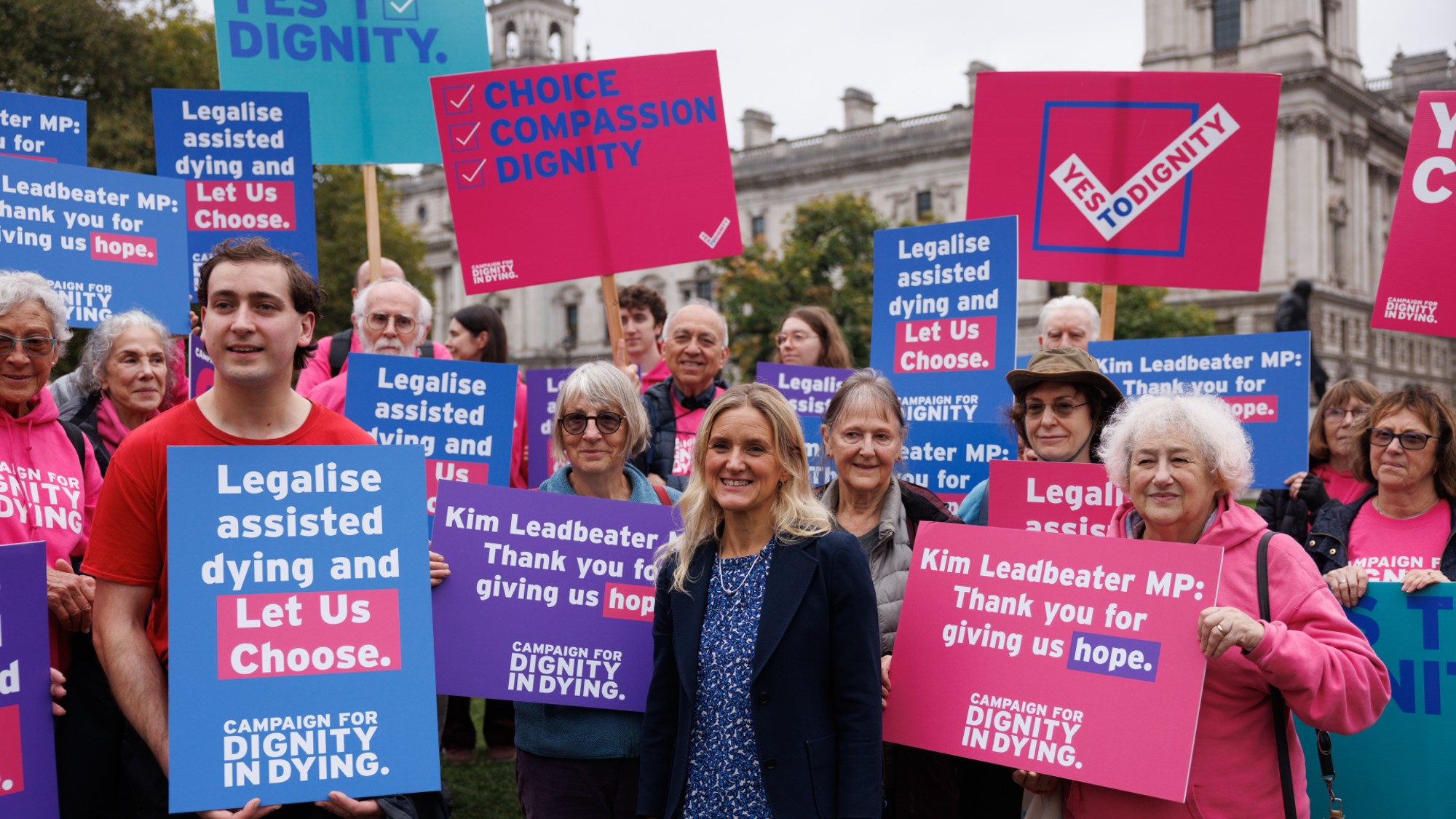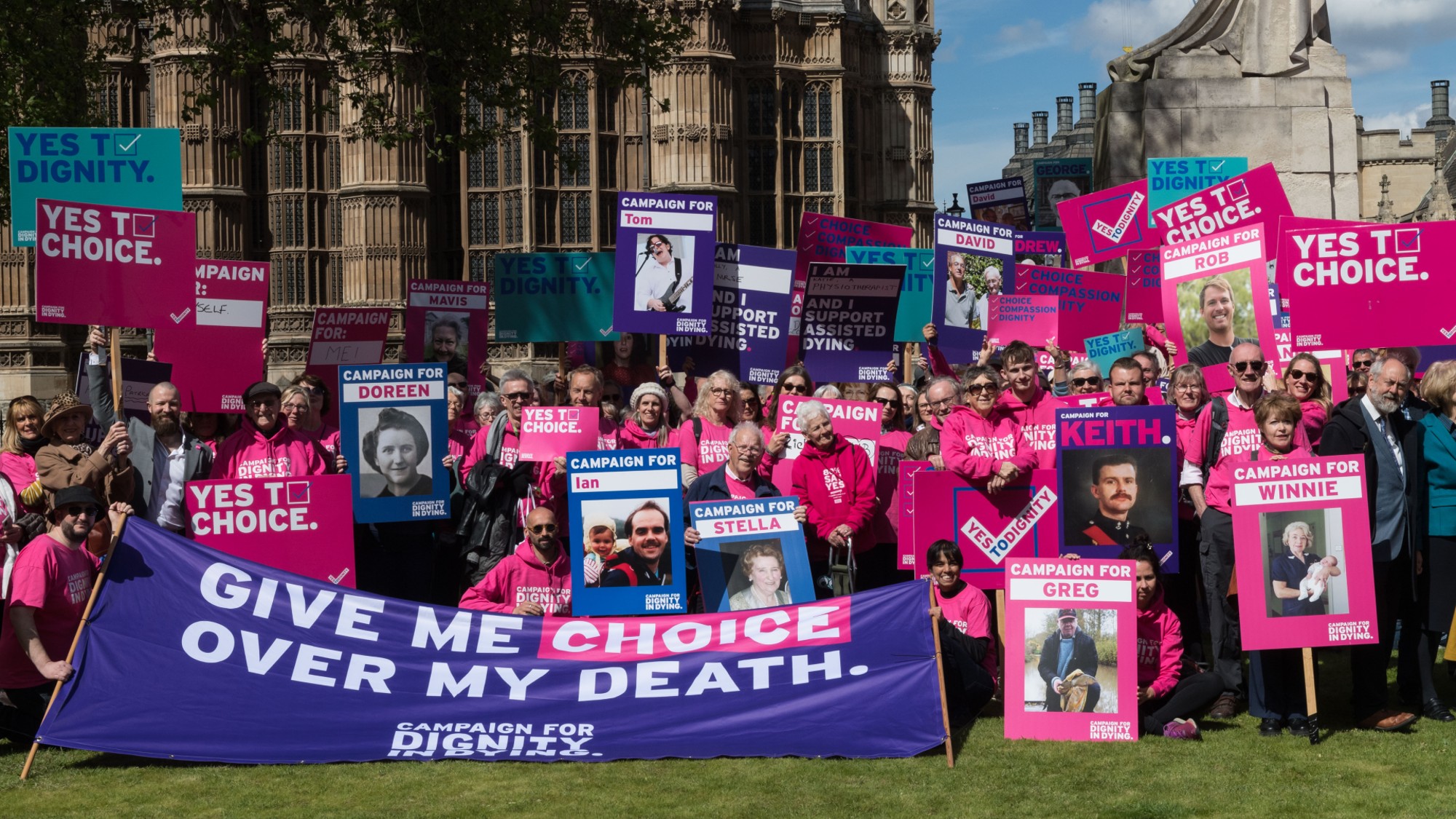How a Cherokee tribe used tribal sovereignty to open North Carolina's only legal cannabis dispensary
The tribe has plans to open sales to any adult in the state, even though the drug is still illegal there


A free daily email with the biggest news stories of the day – and the best features from TheWeek.com
You are now subscribed
Your newsletter sign-up was successful
In early June, the Cherokee tribal council voted to allow recreational sales at the tribe's new medical marijuana dispensary in the North Carolina mountains, the first and only place people can legally buy cannabis in the state. Up until that vote, customers needed a medical cannabis card from the tribe's Cannabis Control Board. "Starting as soon as August, that will no longer be the case," The Charlotte Observer said. Despite pushback from North Carolina authorities, this latest vote shows the tribe's determination to exercise Indigenous sovereignty.
'A real sovereign flex'
The Eastern Band of Cherokee Indians opened its cannabis superstore, the Great Smoky Cannabis Company, on April 20th in a renovated bingo hall in the Great Smoky Mountains. A holiday for cannabis enthusiasts, 4/20 is typically the biggest sales day of the year for many cannabis retailers. The store debuted months after the tribe voted to allow the adult use of cannabis on its 57,000-acre territory, known as the Qualla Boundary, and on other lands.
North Carolina remains one of nine states in the U.S. that still prohibits medical cannabis, and possession of marijuana could lead to jail time under state law. By going against state registration, the band is "exercising its right to set its own rules," said Al Jazeera. "We're not asking permission from the state; we're telling them," Forrest Parker, the general manager of Qualla Enterprises LLC, the tribal-run company that oversees the cannabis business.
The Week
Escape your echo chamber. Get the facts behind the news, plus analysis from multiple perspectives.

Sign up for The Week's Free Newsletters
From our morning news briefing to a weekly Good News Newsletter, get the best of The Week delivered directly to your inbox.
From our morning news briefing to a weekly Good News Newsletter, get the best of The Week delivered directly to your inbox.
The tribe is one of 574 federally recognized tribes in the U.S., "each with inherent sovereignty," Al Jazeera said. In other words, they have the right to self-govern." While tribal lands still fall under federal jurisdiction, they are not subject to state authorities. This raises questions about how far tribal sovereignty can go and "whose authority should prevail on Indigenous land."
"It's unique — a real sovereign flex," John Oceguera, a cannabis lobbyist and former Nevada legislator from the Walker River Paiute tribe, said of the superstore.
Pushback from state officials
Despite the claims if tribal sovereignty, the opening of a cannabis store has been met with resistance by state officials. In March, two lawmakers wrote a letter to a slew of federal agencies and departments petitioning them for help, said the Cannabis Business Times. Sens. Thom Tillis and Ted Budd, both North Carolina Republicans, addressed the letter to leaders in the U.S. Drug Enforcement Administration, Department of Justice, Department of the Interior, Financial Crimes Enforcement Network and various state agencies. The pair heard "directly from North Carolinians" who had concerns about the new dispensary, the senators said in their letter. With the country facing an "unprecedented drug crisis that is harming our communities," it was imperative that they get answers on how the federal and state governments planned to "uphold current federal and state laws."
The letter was a separate act from Rep. Chuck Edwards' (R-N.C.) introduction of the Stop Pot Act last September, citing the band's plans to legalize marijuana on tribal land. If passed, the bill could ban states and tribes that permit the use of recreational marijuana from receiving certain federal funds."The laws of any government should not infringe on the overall laws of our nation, and federal funds should not be awarded to jurisdictions that willfully ignore federal law," Edwards said.
A free daily email with the biggest news stories of the day – and the best features from TheWeek.com
Experts say the senators have little ground to stand on to force the dispensary to close. Instead, any action taken by federal and state law enforcement will likely focus on "sussing out any potential violations of federal gaming and cannabis regulations," Al Jazeera said. In the meantime, six tribes from Wisconsin issued a statement of support for the North Carolina tribe in response to the letter from Senators Tillis and Budd. The Eastern Band also held an inter-tribal gathering at the Qualla Boundary earlier this month to show solidarity. The tribe's act has "gotten the attention of tribes like in Idaho where they thought they wouldn't have a chance," said Mary Jane Oatman, leader of the Indigenous Cannabis Industry Association, a national advocacy group. "It offers a model for an organized pathway."
Theara Coleman has worked as a staff writer at The Week since September 2022. She frequently writes about technology, education, literature and general news. She was previously a contributing writer and assistant editor at Honeysuckle Magazine, where she covered racial politics and cannabis industry news.
-
 Political cartoons for February 16
Political cartoons for February 16Cartoons Monday’s political cartoons include President's Day, a valentine from the Epstein files, and more
-
 Regent Hong Kong: a tranquil haven with a prime waterfront spot
Regent Hong Kong: a tranquil haven with a prime waterfront spotThe Week Recommends The trendy hotel recently underwent an extensive two-year revamp
-
 The problem with diagnosing profound autism
The problem with diagnosing profound autismThe Explainer Experts are reconsidering the idea of autism as a spectrum, which could impact diagnoses and policy making for the condition
-
 The Supreme Court case that could forge a new path to sue the FBI
The Supreme Court case that could forge a new path to sue the FBIThe Explainer The case arose after the FBI admitted to raiding the wrong house in 2017
-
 $300M lawsuit against Greenpeace has environmentalists on edge
$300M lawsuit against Greenpeace has environmentalists on edgeIn the spotlight The organization says the future of advocacy and free speech is at risk
-
 Why has the Taliban banned pictures of living things?
Why has the Taliban banned pictures of living things?Under The Radar 'Virtue' ministry says banned images are contrary to sharia law
-
 How would assisted dying work in the UK?
How would assisted dying work in the UK?The Explainer Proposed law would apply to patients in England and Wales with less than six months to live – but medics may be able to opt out
-
 Assisted dying: will the law change?
Assisted dying: will the law change?Talking Point Historic legislation likely to pass but critics warn it must include safeguards against abuse
-
 Texas court allows execution in shaken baby syndrome case
Texas court allows execution in shaken baby syndrome caseUnder the radar The state could be the first to carry out the death penalty for someone convicted due to the diagnosis, despite its controversial applicability
-
 The EU's landmark AI Act 'rushed' out as countdown begins on compliance
The EU's landmark AI Act 'rushed' out as countdown begins on complianceThe Explainer 'We will be hiring lawyers while the rest of the world is hiring coders' – Europe's warning about new AI legislation
-
 The state of sex work legalization around the world
The state of sex work legalization around the worldIn Depth The world's oldest profession has come a long way, but some say it is not enough
